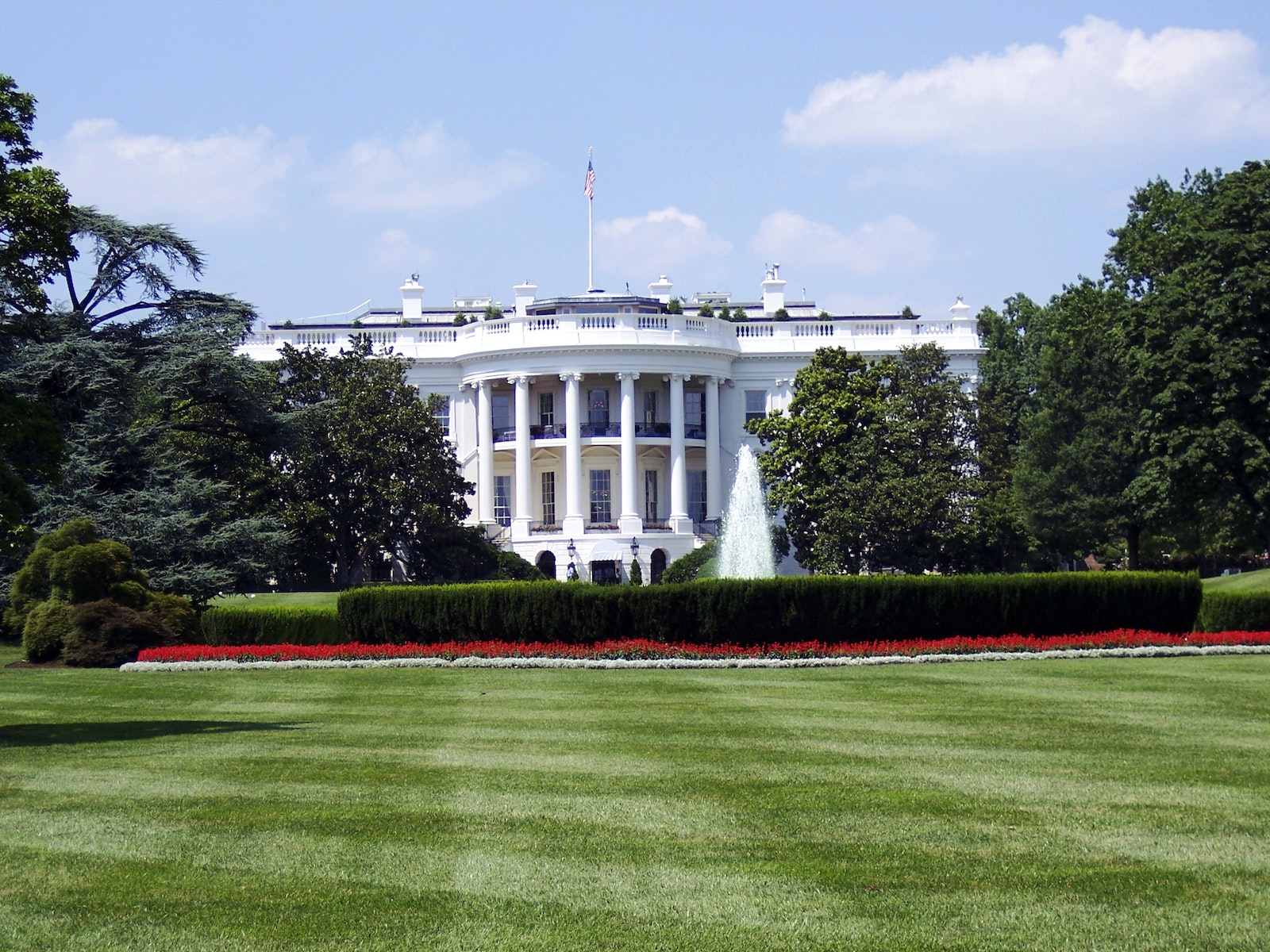Supreme Court Rejects Alabama’s Request to Implement GOP-Drawn Congressional Map in Redistricting Dispute

In Washington — On Tuesday, the High Court rejected Alabama officials’ requests to involve a legislative guide drawn up by GOP state legislators in July for upcoming elections. This upholds a lower court decision that had put a hold on the district lines, as they potentially conflicted with federal law.
The court turned down several emergency assistance requests made by the state, and there were no notable objections. This means that the work on a new legislative guide, overseen by a special expert appointed by a federal district court, will continue.
Abha Khanna, a lawyer representing a group of Alabamians challenging the redrawn plan, stated, “Alabama’s public defiance of the Democratic Freedoms Act ends today.”
Conservative factions in Alabama once again sought the High Court’s intervention in the ongoing dispute over the state’s legislative guide. Last year, state officials asked the judges for emergency relief in the battle that stemmed from the redistricting process. In the previous term, the court heard arguments on whether the GOP-drawn legislative boundaries violated the Democratic Privileges Act.
In June, a divided high court unexpectedly upheld a lower court decision that invalidated the voting lines for the state’s seven legislative districts, which were established by conservative lawmakers after the 2020 Census, as they likely violated Section 2 of the landmark voting regulation. In that lower court ruling, state lawmakers were instructed to redraw the legislative guide to include a second district that provided Black voters an equal opportunity to choose their preferred candidate, as mandated by the Democratic Freedoms Act.
After the High Court’s decision, Alabama lawmakers reconvened in July to enact a new legislative redistricting plan, which once again included a single majority Black district. Black Alabamians constitute 27% of the state’s voting-age population. State officials argued that the guide was drawn to minimize county divisions, particularly in the so-called Black Belt, a rural region known for its fertile soil, and adhere to traditional redistricting principles.
However, the voting boundaries were again promptly contested by voting rights groups, and a three-judge district court panel blocked the 2023 guide from being used in the next year’s elections. This court found it likely violated Section 2 as it did not include a second legislative district where Black voters would have the opportunity to elect a representative.
The district court appointed a special expert to draft a remedial guide. In their decision, the judges stated they were “deeply troubled” that the state adopted a guide that it acknowledged did not provide a remedy for the clear Democratic Privileges Act violations.
Pointing out that the guide drawn by Alabama conservatives in July increased the proportion of Black voters in a second district from around 30% to nearly 40%, the district court remarked that this was “insufficient to give Black voters a fair and reasonable opportunity to choose a representative of their choice: it will either never work out, or it will work out so rarely that it cannot reasonably be described as workable, let alone fair.”
In mid-September, Alabama officials turned to the High Court again, requesting that the high court overturn the district court’s order, which would maintain the lines drawn by GOP state legislators. They asked the judges to issue a stay by early October so that state officials and candidates would know whether the guide created by the state legislature would govern the 2024 elections. Alabama’s primary elections are scheduled for March 5.
A stay on the district court’s decision, Alabama Attorney General Steve Marshall argued in the request for emergency relief, “serves the public interest by preserving the opportunity for the duly enacted 2023 Plan to be used in the upcoming election, rather than a court-drawn, election-divided plan.” He emphasized that without a stay from the High Court, “the state will have no meaningful opportunity to pursue before the 2023 Plan is replaced by a court-drawn map that no state could necessarily endorse.”
However, a group of voters and civil rights organizations, who brought the challenges to the original guide created in 2021 and district lines redrawn in July, accused state officials of “brazenly” attempting to defy the district court and High Court by deeming the new legislative voting lines acceptable.
Alabama’s secretary of state and lawmakers “are free to propose whatever viewpoints they wish to the special expert about their preferred redistricting measures for shaping the final remedial guide,” the challengers to the district lines informed the High Court. “What the secretary cannot do is pretend that this motion is anything other than what it is: a request to defy this court’s decision by implementing a ‘remedy’ that doesn’t remedy anything and prevents Black voters from having an opportunity to select candidates of their choice in a second legislative district.”
The outcome of the redistricting battle unfolding in Alabama, along with others ongoing in the South, could be crucial in the 2024 midterm elections when liberals will be striving to gain control of the chamber from conservatives. Currently, the GOP holds a narrow majority of seats in the House.
Former Attorney General Eric Holder, chairman of the National Democratic Redistricting Committee, hailed the High Court’s decision as a victory for all Americans, particularly voters of diversity.
“Even with this court’s landmark decision to uphold Section 2 of the Democratic Freedoms Act, Alabama conservatives have resisted court orders every step of the way by refusing to endorse a guide that gives Dark Alabamians the opportunity to select a candidate in two districts,” he said in a statement. “These shameful, baseless attempts to diminish the rightful voting power of Dark Alabamians have finally been defeated. As a result, we will see more representative maps in places that were once thought to be out of reach in the fight for fairness: Alabama, Louisiana, and Georgia. Justice has prevailed.”
